Health and Wellness
Why Vitamin Bs Are Important?
Vitamins, minerals and other nutrients are fundamental requirements for the body to function. Optimum health requires that nutrients are managed correctly.
Vitamin Bs form a major group of nutrients that your body needs to perform various functions. These nutrients play a critical role in maintaining metabolic and physiological functions and also help to strengthen the body’s structural integrity.
The deficiency of vitamin Bs can result in a number of symptoms related to the functioning of different organs and systems. So, if you’re suffering from depression, anxiety, memory problems, weakness, fatigue, concentration issues, skin complaints or other chronic symptoms then vitamin Bs might be playing a role.
Here is a brief summary about the role of vitamin Bs in maintaining health and their importance.
What are Vitamin Bs?
They are a group of vitamins essential for the proper functioning of the body. These nutrients allow the body to convert foods into energy by supporting metabolic processes and help to form new blood cells, regenerate brain cells, improve cellular health, and maintain skin health.
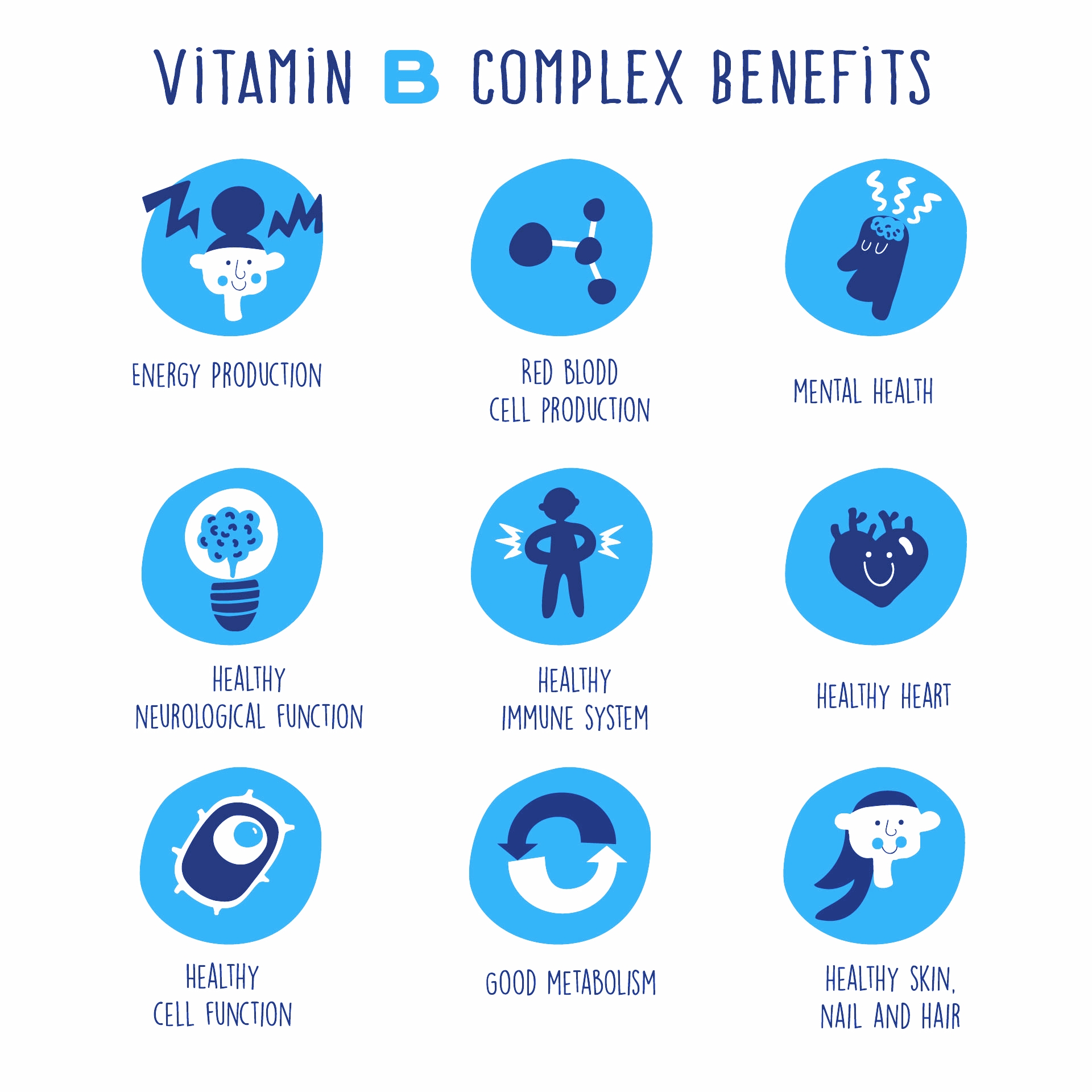
Role of Vitamin B Complex
Vitamin B1 (Thiamine)
Vitamin B1 supports the adrenal functions, circulation, helps with blood formation and regulates the activities of the nervous system. It also plays a key role in nerve transmission and supports the metabolism of carbohydrates to release energy.
Thiamin is used in the biosynthesis of a number of cell constituents, including the neurotransmitter acetylcholine and gamma-aminobutyric acid (GABA). It is used in the manufacture of hydrochloric acid, and therefore plays a part in digestion.
It is also great for the brain and may help with depression and assist with memory and learning. In children it is required for growth and has shown some indication to assist in arthritis, cataracts as well as infertility.
Vitamin B1 deficiency, commonly referenced to as Beriberi, can cause symptoms like loss of appetite, pain in the legs, shortness of breath, weakness, and swollen legs.
The best food sources of this nutrient include fish, chicken, sunflower seeds, grass-fed meats, grass-fed beef liver, black seeds, dark green vegetable, and black beans.
The best form of supplemental vitamin B1 is thiamine pyrophosphate (TPP) or thiamine diphosphate – both are active forms.
Vitamin B2 (Riboflavin)
Vitamin B2 supports metabolic functions and plays an essential role in recycling glutathione, which is the body’s own natural antioxidant. It is required by the body to use oxygen and the metabolism of amino acids, fatty acids, and carbohydrates.
Riboflavin is needed to activate vitamin B6 (pyridoxine), helps to create niacin and assists the adrenal gland. It may be used for red blood cell formation, antibody production, cell respiration, and growth.
It eases watery eye fatigue and may be helpful in the prevention and treatment of cataracts. Vitamin B2 is required for the health of the mucus membranes in the digestive tract and helps with the absorption of iron and vitamin B6.
Although it is needed for periods of rapid growth, it is also needed when protein intake is high, and is most beneficial to the skin, hair and nails.
Vitamin B2 deficiency symptoms include redness and swelling of the inner lining of the mouth, sore throat, sores on the lips, cracks at the corners of the mouth, and redness of the tongue.
The best food sources of this nutrient include almonds, grass-fed organ meat, beef, salmon, legumes, eggs, and dark green vegetable.
Vitamin B3 (Niacin)
Vitamin B3 is essential for cell respiration, helps in the release of energy and metabolism of carbohydrates, fats, and proteins, proper circulation and healthy skin, functioning of the nervous system, and normal secretion of bile and stomach fluids.
Niacin is also needed for the synthesis of starch to be stored in the muscles and liver for later use as a secondary source of energy.
Vitamin B3 deficiency commonly causes redness of the skin, dementia, diarrhea, and sores in the mouth.
The best food sources of this nutrient are tuna, salmon, chicken, turkey, grass-fed beef, grass-fed beef liver, legumes, asparagus, seeds, nuts, and dark green vegetables.
Vitamin B5 (Pantothenic Acid)
Vitamin B5 plays an important role in the secretion of hormones, such as cortisone because of the role it plays in supporting the adrenal glands. These hormones assist the metabolism, help to fight allergies and are beneficial in the maintenance of healthy skin, muscles and nerves.
Vitamin B5 deficiency symptoms include fatigue, insomnia, irritability, depression, vomiting, burning sensation in feet, and recurrent upper respiratory infections.
The best food sources of this nutrient include grass-fed beef, grass-fed beef liver, eggs, avocados, cabbage, legumes, nuts, saltwater fish, and mushrooms.
The best form of supplemental vitamin B5 is D-pantothenic acid.
Vitamin B6 (Pyridoxine)
Vitamin B6 helps in balancing the levels of sodium and potassium in the blood. It supports the production of red blood cells, regulates the hormonal balance in women as well as assists the immune system and the growth of new cells.
Pyridoxine is also used in the processing and metabolism of proteins, fats and carbohydrates, while assisting with controlling your mood as well as your behavior.
Vitamin B6 deficiency commonly causes nerve pain, anemia, skin problems, sores in the mouth, fatigue, anxiety, tongue soreness, depression, and brain degeneration.
The best food sources of this nutrient include tuna, salmon, chicken, grass-fed beef liver, carrots, fish, walnuts and chickpeas.
The best active form of supplemental vitamin B6 is pyridoxal-5’phosphate (P5P).
Vitamin B7 (Biotin)
Vitamin B7 is critical for maintaining adrenal functions, cell growth, the production of fatty acids, and the metabolism of fats and proteins, and regulating the activities of the nervous system.
Biotin also plays a role in the Krebs cycle, which is the process in which energy is released from food.
Vitamin B7 deficiency symptoms include scaly red rash in the face, depression, hair loss, lethargy, hallucination, and numbness and tingling in the legs.
The best food sources of this nutrient include grass-fed beef liver, salmon, chicken breast, nuts, seeds, mushrooms and eggs.
Vitamin B8 (Inositol)
Vitamin B8, or Inositol, is an ‘unofficial’ member of the vitamin B family. Together with choline, it is a component of lecithin, a substance made in the liver that is used to make cell membranes and manage blood fats. Lecithin keeps membranes fluid enough to allow a healthy flow of substance and information to and from the cell.
Both inositol and choline are lipotropic, helping to promote the flow of bile and remove fats from the liver. Inositol is also used as a signaling molecule in the nervous system. It is important for neurotransmitter regulation and nerve, brain, and muscle function. It is also needed for hair growth.
Vitamin B8 (Inositol) deficiency commonly causes reduced bile flow, and raised blood fats. In the nervous system, it may be helpful with mood disorders, anxiety, and brain, eye, and nerve function generally as well as in fatty liver. Consider it, too, with hair loss and constipation.
The best food sources of this nutrient include grass-fed beef heart, grass-fed beef liver, citrus fruits, whole grains, and high quality lecithin. It is also found in fresh fruits and vegetables as phytic acid (a combination of inositol and phosphorous). Coffee may deplete inositol stores. Sulfonamide medications can also deplete inositol.
Vitamin B9 (Folate)
Vitamin B9 primarily supports digestive functions and is required for DNA synthesis and cell growth and is important for red blood cell formation, energy production as well as the forming of amino acids.
Folate is essential for creating heme, the iron containing substance in hemoglobin, crucial for oxygen transport. And, it is very important in the development of the nervous system of a developing fetus.
Vitamin B9 deficiency often result in intestinal disorders.
The best food sources of this nutrient include asparagus, broccoli, avocados, spinach, beans, whole grain, grass-fed beef liver, fruits and eggs.
Vitamin B10 (PABA)
Vitamin B10, or PABA (para-aminobenzoic acid), is a water-soluble substance, closely linked with the vitamin B complex. It forms a part of the folate molecule and, like folate, acts as a growth factor (a substance that stimulates cell growth and tissue repair). Bacteria use it to make the folate they need for growth and the sulphanilamide antibiotics act by suppressing this process.
PABA acts as an antioxidant, helping to quench some free radicals (including singlet oxygen) and protect against lipid peroxidation (damage to the cell membranes). It helps to protect the skin, which is why it is commonly used in sunscreen to protect against UV radiation. It can help to restore hair growth and natural hair color. It is often used with other nutrients, like copper, pantothenic acid, and folate for prematurely greying hair.
The best food sources of this nutrient include grass-fed beef liver, whole grains, and eggs.
Vitamin B12 (Cobalamin)
Vitamin B12 supports nerve functions, cardiovascular functions, blood cell formation and maintenance, and sleep.
Cobalamin can also stimulate appetite, promote growth and release energy.
Vitamin B12 deficiency commonly cause neuralgias and sleep issues.
The best food sources of this nutrient include grass-fed beef liver, grass-fed organ meat, fish, beef, poultry, and eggs.
The best active form of supplemental vitamin B12 is methylcobalamin.

What are the common causes of Vitamin B deficiencies?
Poor diet
Lack of wholesome, nutrient rich foods full of vitamin Bs can ultimately make you prone to vitamin and mineral deficiencies.
In addition, eating too much sugars, gluten, dairy, alcohol, animal milk and processed foods can also trigger inflammation even lead to leaky guts and create microbiome imbalances. The disturbance in the gut can result in a reduced ability to breakdown, assimilate and absorb vitamin Bs.
Mental/Emotional stress
Chronic and high stress can cause vitamin B depletion. These nutrients are used up by the body in high stress or through chronic stress.
Stress can trigger inflammation, malabsorption, hormonal imbalances and even contribute to poor digestion, causing depletion of vitamin Bs.
Poor gastric functions
Vitamin B12 can be absorbed effectively only in the presence of adequate amounts of acidic secretions in the stomach.
Atrophic gastritis that decreases the secretion of stomach acid can result in vitamin B12 malabsorption causing the deficiency of this nutrient. The use of medications for the treatment of acid reflux can also reduce the ability of the stomach to absorb vitamin B12.
Other than these, factors such as gut infections, small intestinal bacterial overgrowth (SIBO), and genetics also contribute to the risk of developing vitamin B deficiencies.
Malabsorption
What is often overlooked or not discovered by conventional diagnosis is nutritional malabsorption caused by toxic (heavy) metals and energetic blockages & distortions in certain digestive related organ systems and functions which then lead to such nutritional malabsorption situations. This is often the root cause for malabsorption and digestive issues.
With a body-field scan not only can we discover what vitamins, minerals, fats, amino acids and antioxidants experience a malabsorption but also see what toxins and other related areas are causing it. Furthermore, with the experienced guidance of our practitioners we'll be able to help address any detox and dietary adjustments that can help reduce or eliminate malabsorption and digestive related issues.
Conclusion
Vitamin Bs are critical for maintaining cellular health and it is important to correct any deficiencies. Correcting nutritional issues can be addressed through a number of approaches.
- Consume greater amounts of healthier foods. Avoid foods suspected of having a high environmental toxin load. Look for organic foods as much as you can afford.
- Reduce or avoid eating processed (packaged) foods and see that you can eat more fresh cooked meals - the more the better.
- The removal of environmental toxins from your body will aid nutritional uptake. All the NES Infoceuticals are designed to help remove toxins from the body. Use some of the other detox support products to complement this process.
- The use of the NES Infoceuticals and correction of the Body-Field the body can begin to utilize the nutrients it gains from food in the proper way, correcting nutritional issues.
- You can also consider using nutritional supplements to support your health and well-being.
- If nutritional supplements are being used then taking ESR Infoceutical at night followed by the supplements can increase absorption of these nutrients. This is because the body's absorption rate increases whilst asleep and not under stress.
- You should consider using pre-/probiotic supplements to support rebalancing your microbiome and improve digestive functions.
Body-Field Scan
Ready to find out what's impacting your energy levels by using our bioenergetic scanning technology. Check out your body’s energy with a Body-Field scan, and gain deeper insight into your holographic self with our certified Bioenergetic Practitioner. For an In-Clinic visit click here, or, for a Telehealth (remote) session click here.
We offer a completely new, alternative and bioenergetic health care approach based on 21st century science, technology and quantum physics with personalized, holistic therapy solutions such as, NES body-field scan & therapy, miHealth biofeedback, PEMF, Rife and Vibroacoustic (VAT) healing modalities that can restore optimal health and well-being throughout the body, mind and spirit in the most natural way. Let us help you restore your health and energy!



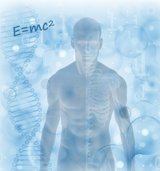
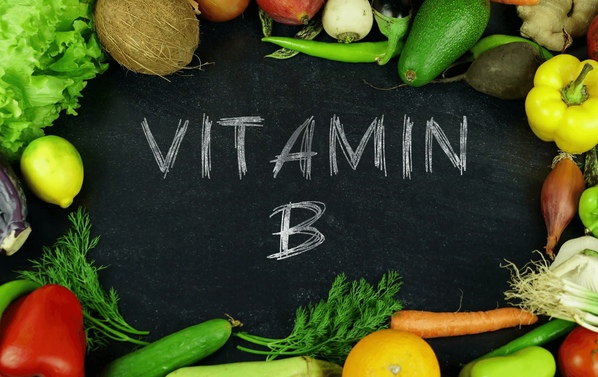
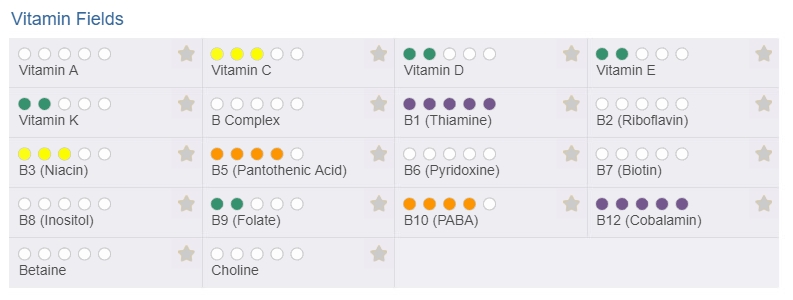


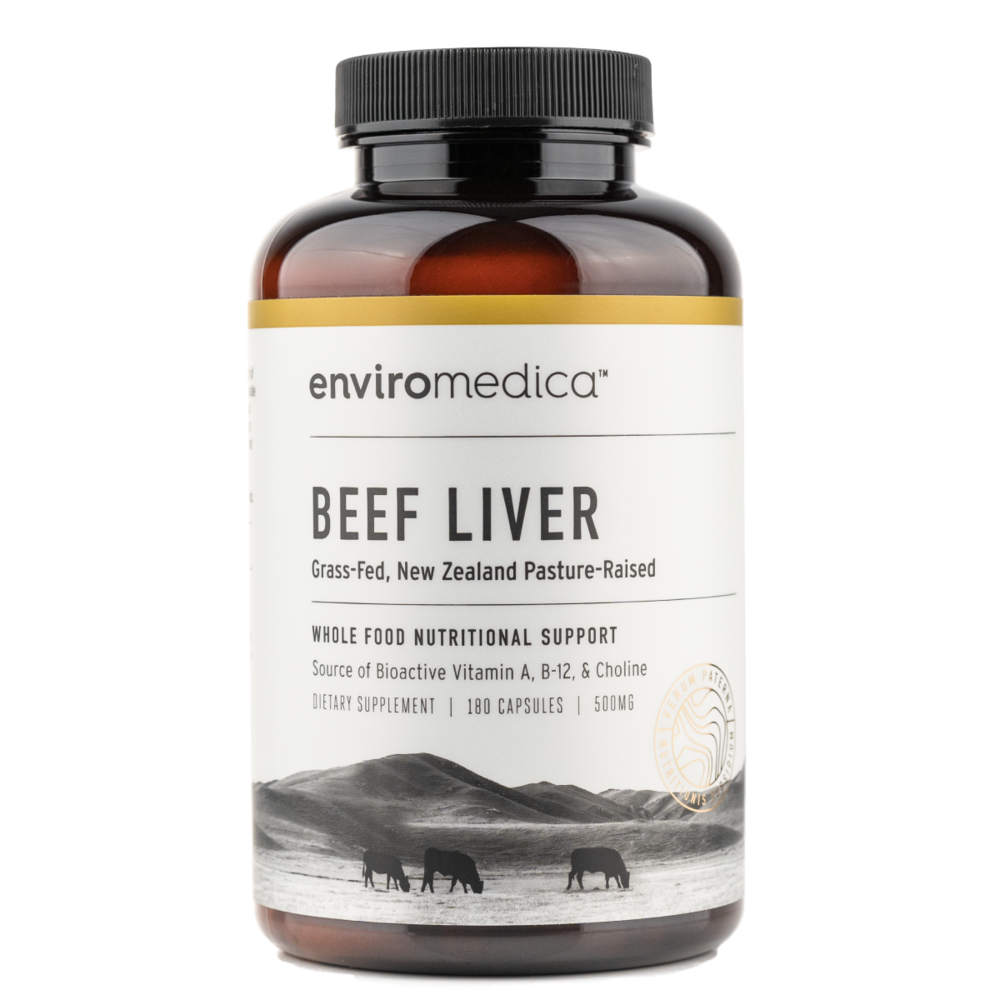
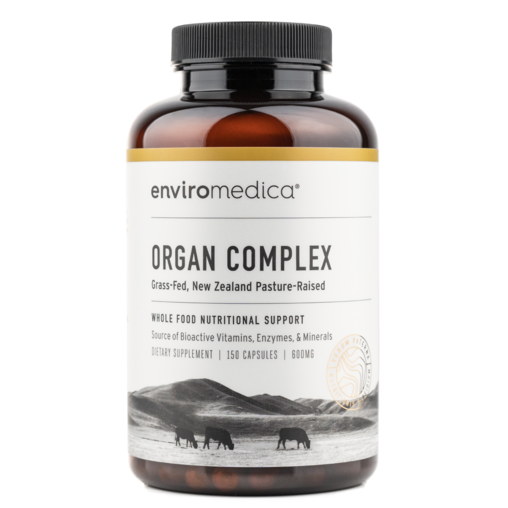
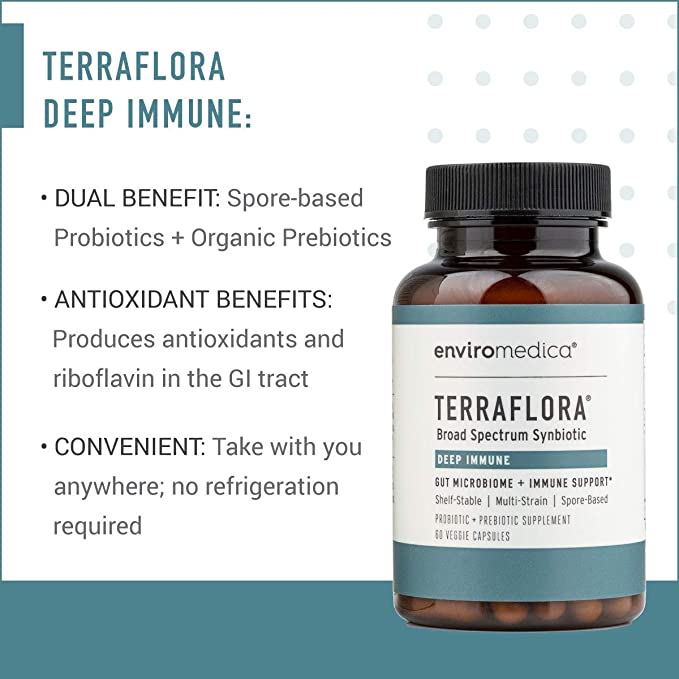
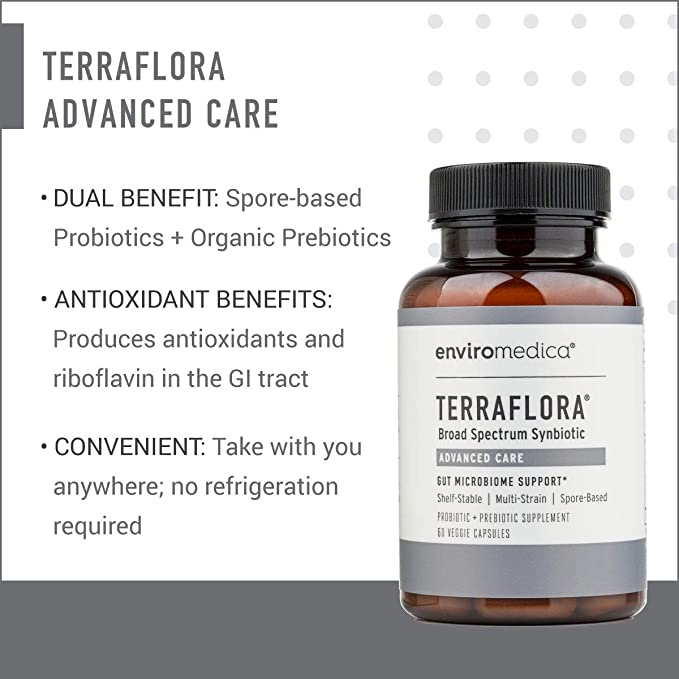
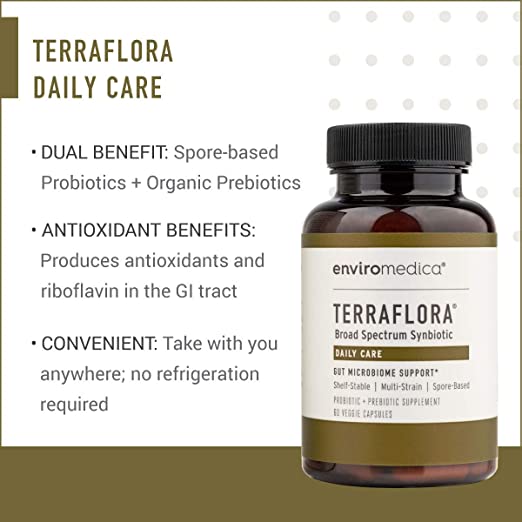

Is their a supplement that contains all of the B?
Have a look at Enviromedica® Pastured Organ Complex.